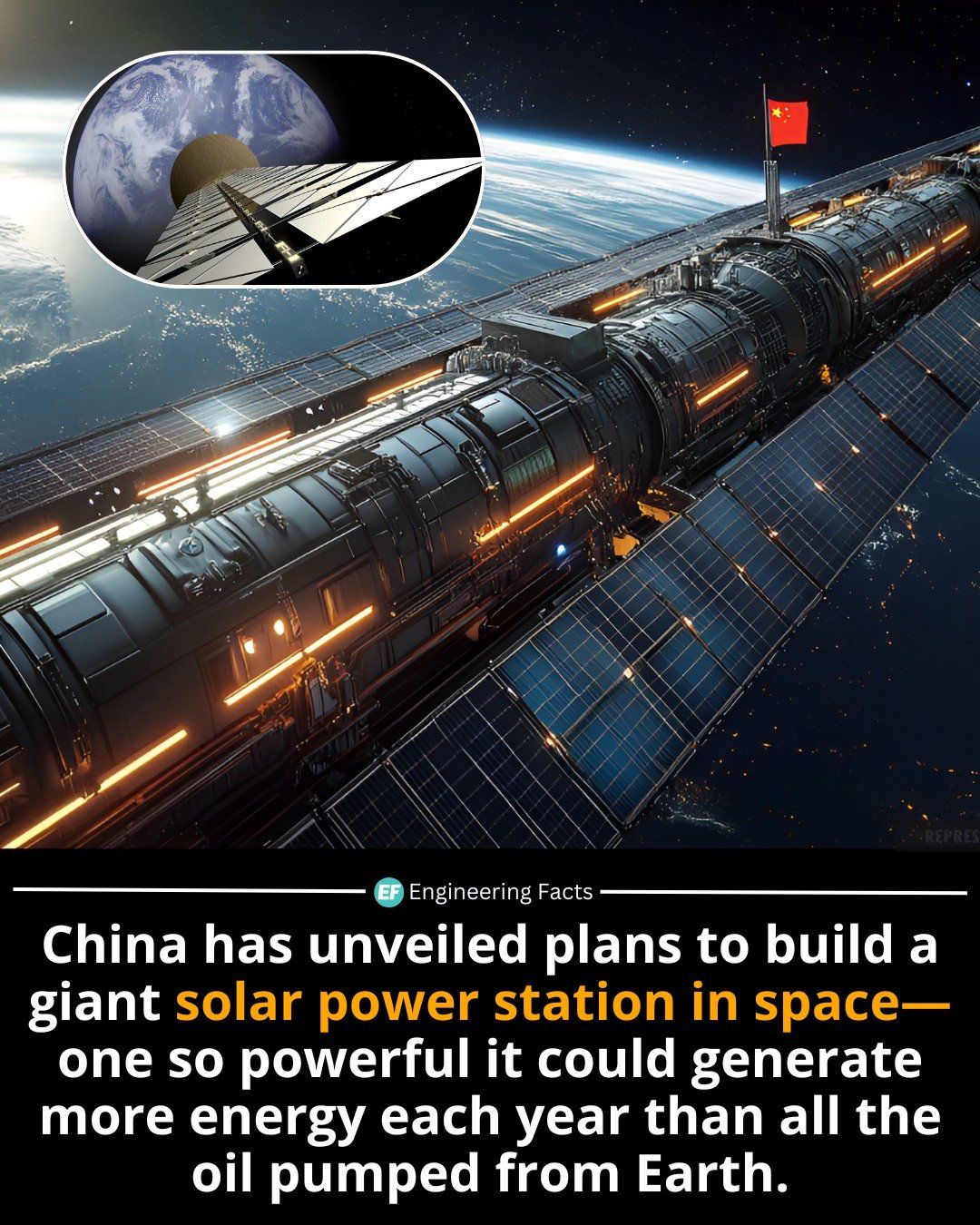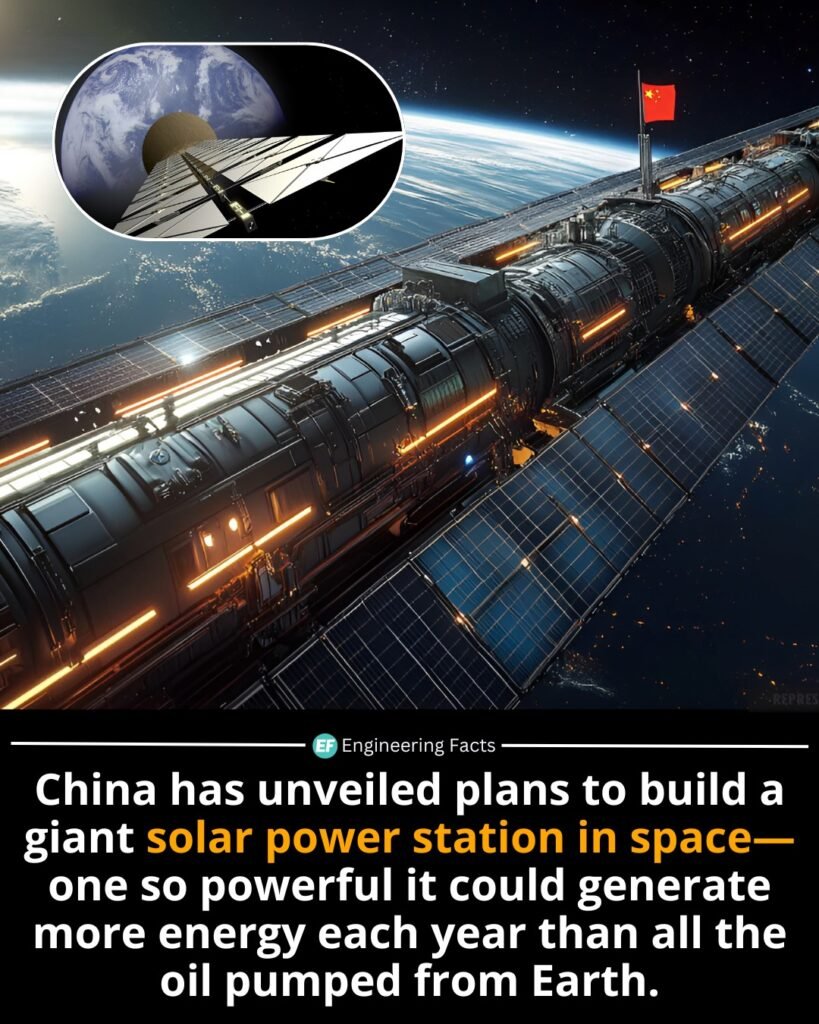[ad_1]
China is taking solar energy beyond Earth’s limits with an audacious plan: build the world’s first orbital solar power station. This futuristic platform would collect solar energy 24/7 in space—free from clouds, nightfall, or atmospheric distortion—and beam it back to Earth using microwave or laser transmission.
🌌 Why it’s groundbreaking:
In orbit, sunlight is uninterrupted, providing constant energy collection
Beam-based delivery could power cities without carbon emissions
Projected output could exceed annual energy from global oil production
🔧 Engineers have already tested key components, and the project is moving forward in phases—starting with small-scale demonstrators in the 2030s and aiming for full-scale deployment by 2050.
This isn’t just a renewable energy breakthrough—it’s a geopolitical and technological leap. If successful, it could position China as the global leader in next-gen energy and shift the balance in the race for sustainable power.
,SpaceEnergy ,ChinaInnovation ,SolarPowerFromSpace ,OrbitalEnergy ,CleanEnergyRevolution
Stay Connected with NewsRT:
For the latest headlines and urgent updates, visit our Breaking News section. If you want to stay informed about global affairs, our World News page brings you top stories from around the world.
For entertainment lovers, check out our Entertainment category to catch up on celebrity news, movies, and trending shows. Sports fans can follow live scores and in-depth match reports in our dedicated Sports section.
Stay on top of your health with expert insights and wellness tips on our Health page. For the latest financial updates, market trends, and stock analyses, visit our Stock Market section.
Don’t forget to explore our homepage for more top stories, exclusive reports, and real-time news updates curated for you.
